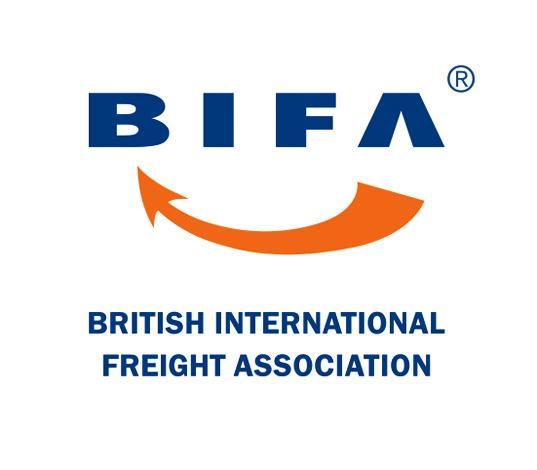How Does Brexit Affect Cargo Transportation?
Brexit: A Brief Primer
At this point, most people know exactly what Brexit it. At the very least, people know that it means that Britain is leaving the European Union. So, without getting into the nitty gritty of the politics, how did this happen? On Thursday, June 23, 2016 Britain held a referendum to determine whether or not they should leave the EU. To illustrate, a referendum is a vote in which nearly every one of voting age can participate. The vote resulted in 51.9% wanting to leave over 48.1% wanting to stay. Now, in order to leave the EU, Britain has to invoke Article 50 of the Lisbon Treaty which gives both sides two years to set terms on Britain’s leave. It’s been two years since the process began, however, the proposed leave plan has been rejected by a mass majority recently. That means a no-deal exit from the EU is becoming more and more likely for Britain. Furthermore, how does this affect the transportation industry in its dealings with Britain and the EU?
Panalpina Speaks Out
Panalpina is a Swiss freight forwarding and logistics company. They specialize in intercontinental ocean and air freight, as well as, logistics supply chain management. Additionally, they’re based in a location that’s directly impacted by Brexit, once it occurs. They’ve taken a cup half full approach to the concerns surrounding the market. Seaport bottlenecks have a high likelihood of occurring and Panalpina has decided to recommend their transAtlantic/U.K.-E.U. freighter services as a workaround. Furthermore, the freight forwarding logistics company has set up a special Brexit task-force.
The task force is meant to address Brexit-specific concerns and offers recommendations on how they can help. “The uncertainties about Brexit make it challenging for any company that exports out of the U.K. or imports into it, to prepare adequately for the time after March 29, 2019,” the company said on its website. “Panalpina is continuously evaluating the situation from a supply chain perspective and remains in close contact with its customers that are affected by Brexit.”
The British International Freight Association, BIFA, is quite wary of the future. It’s begun to tell its members that they need to prepare for a no-deal Brexit. The Freight Transport Association, FTA, has said that a no-deal Brexit would be catastrophic for everyone involved.
Public Concerns

“A No Deal would increase delays at the country’s borders, increase red tape and costs for logistics businesses already operating on narrow margins, restrict access for transport to the EU and reduce the available skilled workforce for logistics operators – all problematic on their own, but when viewed together, a perfect storm which could cause untold damage to businesses and individuals right across the country, not just those trading directly with the EU,” said James Hookham, deputy chief executive at FTA.” he said. The future isn’t clear and predictions on how Brexit will affect transportation are vast and varied on both sides of the argument. As it stands, there isn’t much that companies can do except prepare as much as they can.
For more information, follow us each week for the latest transportation industry news or contact DGD Transport here.

